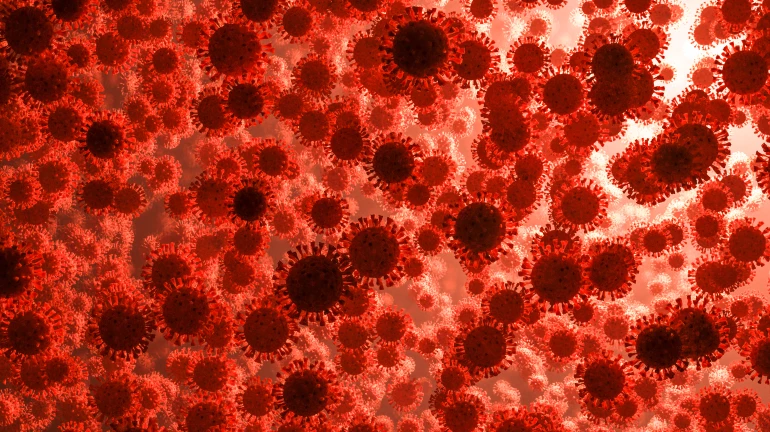
With time and research, despite the emergence of variants of COVID-19, the healthcare industry has become well-equipped to manage the disease and minimize deaths. What is surprising though is that, patients with coronavirus sometimes tend to suffer from symptoms even months after recovery.
Patients have reported joint pain, low haemoglobin levels, muscle cramps, etc. Such patients were considered to have the so-called ‘long COVID syndrome.’ Some of these conditions tend to become permanent, which indicates a significant health burden in the coming years. But what could these be attributed to? Should we blame the weakened immune system or the side effects of medications given to treat COVID-19 OR something else?
Dr Pradeep Mahajan. Regenerative Medicine Researcher, StemRx Bioscience Solutions Pvt. Ltd., Navi Mumbai says, “Patients with COVID-19 were treated with medications to control the overall burden of the disease. We can only assume that the infectivity of the virus causes problems in multiple tissues, weakened immune system, and medications have led to certain side effects like avascular necrosis, breathing issues, muscle, and nerve-related weakness, etc. months after recovery. Add on to this, the current sedentary lifestyle of many individuals.”
“Avascular necrosis (AVN) is a condition where the blood supply to a joint is disrupted. It commonly occurs in the hip joint. Disruption of blood supply can occur due to trauma or certain medications like steroids. Steroids can cause fat globules to form, which can block blood flow. In addition, steroids can increase the risk of clots forming within blood vessels (intravascular coagulation), which can disrupt blood flow,” explains Mahajan.
In AVN, when blood flow is disrupted, the affected joint/bone loses its nutritional supply and gradually breaks down. As a result, patients find it difficult to perform their daily living activities by themselves due to pain and ultimately bone collapse. AVN tends to progress rapidly—in about 6 months in several cases and joint replacement is generally the final treatment option.
Mahajan elaborated, “We are seeing many cases of AVN in young and old patients alike after COVID-19 and steroid use appears to be a strong cause. We have a novel, safe, and effective treatment modality for AVN, cell-based therapy, which has shown good results in hundreds of patients even before the pandemic.”
Mahajan’s cell-based therapy for AVN involves a regenerative medicine approach through the use of an osteoinductive formulation, which is based on mesenchymal cells obtained from the patient’s own body. “Through cell-based therapy, we know that we can achieve success in multiple conditions irrespective of the cause,” concluded Mahajan.
Also Read: COVID-19: No Individual Can Be Forced To Get Vaccinated, Says SC





